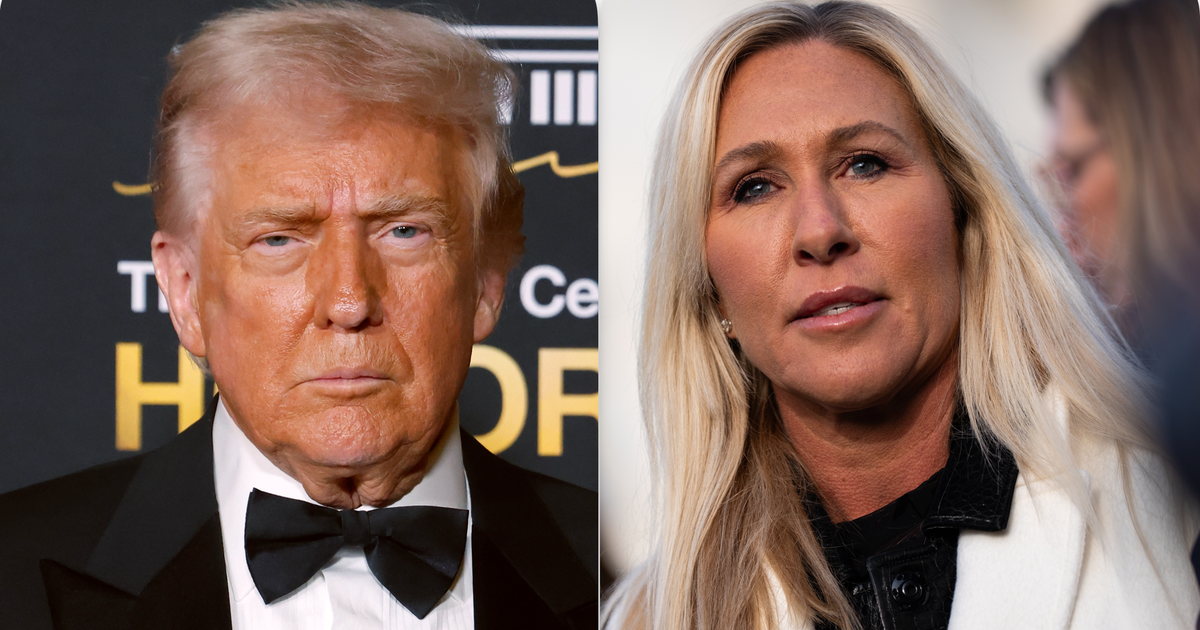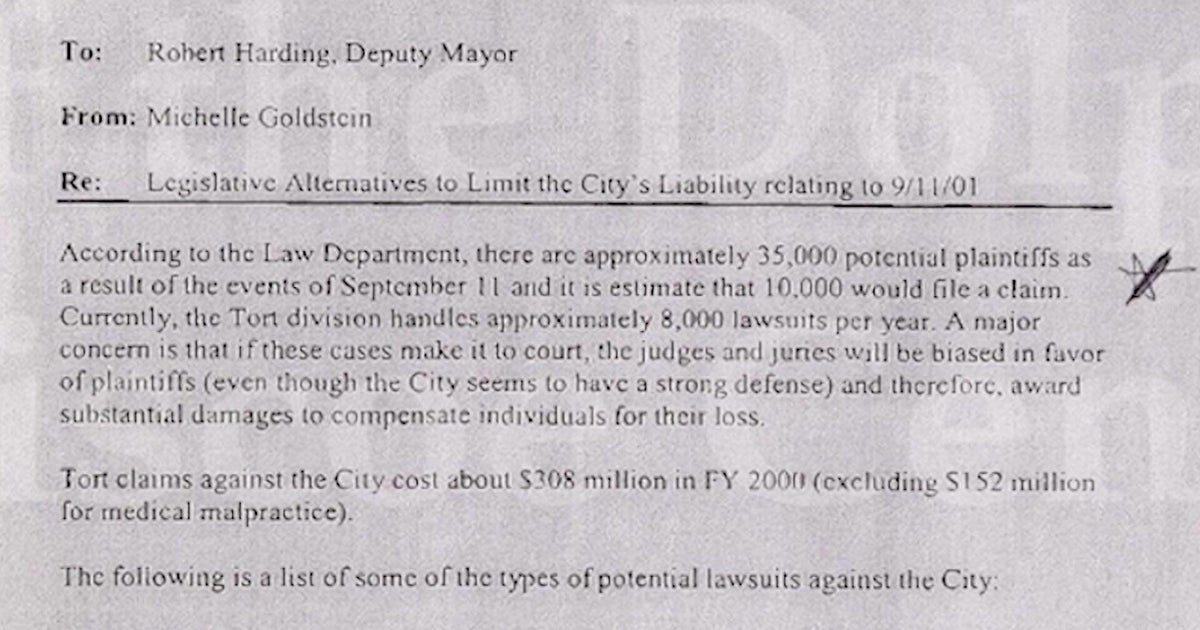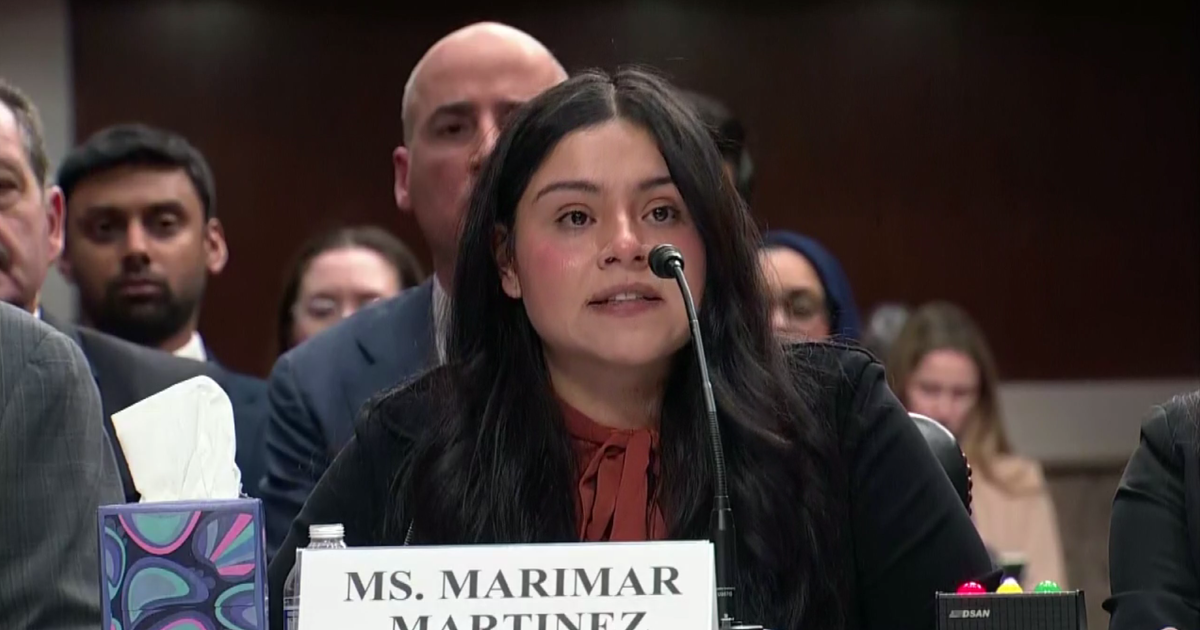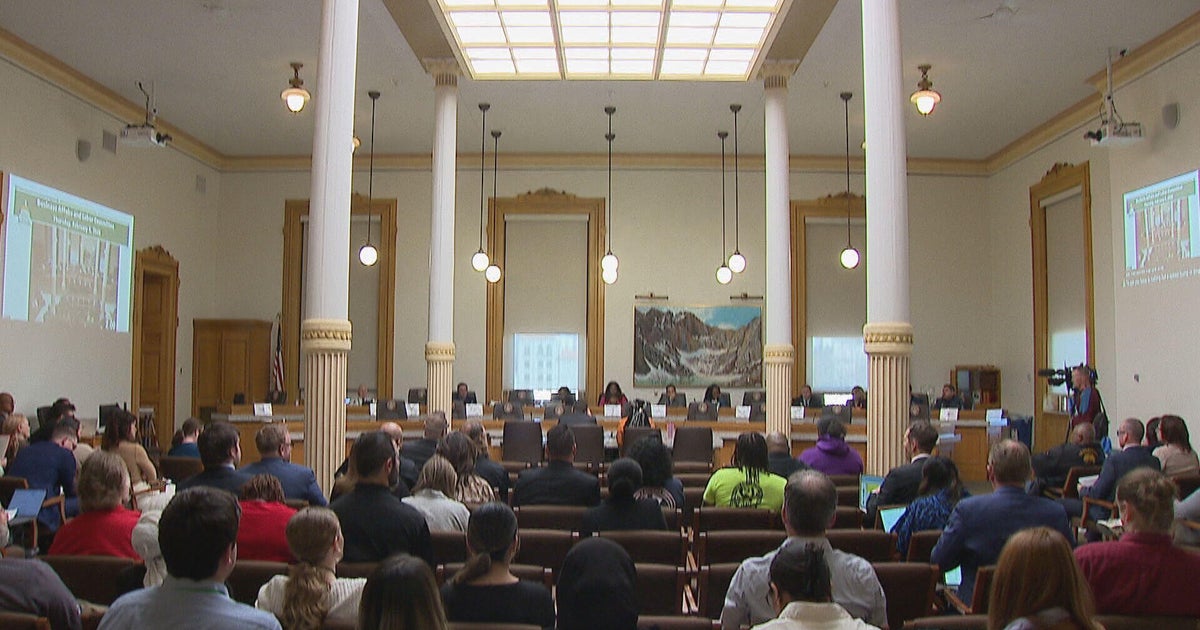Gingrich's Unpredictability Raises Concerns
WASHINGTON (AP) — At last, Rep. Phil Gingrey thought as he watched the most recent presidential debate. His candidate, Newt Gingrich, had moved beyond scolding journalists to talking ideas and looking like a contender. But then Gingrich seemed to embrace a form of amnesty for illegal immigrants. And Gingrey, who opposes amnesty like most conservatives, froze.
"I thought, 'Aw, I hope he's not really saying that," recalled Gingrey, R-Ga.
Unpredictability is as much a part of Gingrich as his signature snowy mane, a quality that has vexed anyone who has supported him for anything — be it speaker of the House or president of the United States. The history professor from Georgia may have, as he claims, matured over three dramatic decades in public life. But one constant is a mercurial personality.
For many Republicans, it's a source of inspiration, charm and excitement in a year when conservatives are still looking for an alternative to former Massachusetts Gov. Mitt Romney and have driven Gingrich into the top tier of contenders for the GOP nomination.
Gingrich won a place in the history books as the force behind the 1994 Republican takeover of Congress. As speaker, he racked up some bipartisan trophies by working with President Bill Clinton to balance the budget and change the welfare system.
But melodrama has followed Gingrich up and down and back up the ladder of success, enough to raise the question in 2012: How steadily would Gingrich, a 68-year-old grandfather and Catholic convert on his third marriage, guide a nation hungry for confidence in its leaders and jittery over the stuttering economy?
"I don't claim to be the perfect candidate," Gingrich told WSC-FM this week. "I just claim to be a lot more conservative than Mitt Romney and a lot more electable than anyone else."
Gingrey agrees. But Gingrich's remarks on immigration left him with questions.
"I don't see how the party that says it's the party of the family is going to adopt an immigration policy which destroys families which have been here a quarter-century," Gingrich said in the Republican debate. "I'm prepared to take the heat for saying let's be humane in enforcing the law."
On the one hand, Gingrey suggested, if that's the way Gingrich really feels about the issue, then saying so, rather than avoiding it, was "gutsy." And it may have drawn a useful contrast with Romney.
On the other, there's uncertainty: What is his position on the issue? After all, he has flip-flopped on other issues — Medicare, Libya, health care reform and global warming.
"I hope he set the stage for us looking very hard at making sure we have a temporary worker program that's viable and has absolutely no hint of amnesty," Gingrey said in a telephone interview this week. "I need to have a conversation with him about that."
Gingrich has since said he was calling for a path toward legal residency — not citizenship — for illegal immigrants who have lived here peacefully for generations.
By any measure, stability is scarce on Gingrich's resume. During his speakership there were two government shutdowns, a well-publicized snit over his seating on Air Force One, his push for Clinton's impeachment while in an extramarital affair of his own, and lieutenants plotting his overthrow.
In 1998, shortly after winning re-election, Gingrich announced in a closed GOP caucus meeting that he would "bench" himself, and left Congress.
Throughout, there's been petulance, policy wobbles, and a tendency to cast himself in outsized terms.
This year alone, while painting himself an everyman and Washington outsider at heart, he's been forced to defend a six-figure shopping spree at Tiffany's and the $1.6 million he earned over the past decade as a history adviser — not a lobbyist, he insists — to mortgage giant Freddie Mac.
He irked conservatives by harshly criticizing Rep. Paul Ryan's plan to overhaul Medicare as "right-wing social engineering," then apologized but has since sent mixed signals on where he stands on the matter.
His senior campaign staff quit on him, en masse.
The drama has Democrats licking their chops at the prospect of Gingrich as the GOP nominee.
"I did not think I had lived a good enough life to be rewarded by Newt Gingrich being the Republican nominee," retiring liberal Rep. Barney Frank, D-Mass., said this week. "It still is unlikely, but I have hopes."
The misfortunes of other Republican candidates — Rep. Michele Bachmann, Texas Gov. Rick Perry, businessman Herman Cain — left an opening for Gingrich's resurgence. Longtime politicos aren't making the argument that Gingrich's leadership is a neat or pretty thing to behold. But they're not counting him out of the wide-open nominating contest, either.
"I think he's got a pretty good argument to make about his time as speaker, in terms of results," said Sen. Lindsey Graham, R-S.C., who served with Gingrich in the House and has not endorsed a presidential candidate. "The real purpose of a president, I think, is to find common ground with Congress to solve our problems. Newt has been in that mix."
Rep. Tom Price, another Georgia Republican who has endorsed Gingrich, suggested the former speaker has acquired the self-awareness to compete in the presidential arena.
"Newt has always been an idea machine, and I think he clearly appreciates the gravity of the situation before us," Price said. "There isn't any sense that this (nomination) is a fait accompli. There's an appreciation that there's a long road to go yet."
(© Copyright 2011 The Associated Press. All Rights Reserved. This material may not be published, broadcast, rewritten or redistributed.







